10 Signs Your Septic System Needs Immediate Attention
A septic system is one of the most crucial components of a property, quietly handling wastewater and keeping your home or business environment safe and sanitary. Despite its importance, it is often overlooked until a serious problem arises. Regular maintenance, including professional grease trap services, is essential to prevent costly repairs, property damage, and potential health hazards. While septic systems are designed to operate for many years with minimal issues, several warning signs can indicate that your system is struggling. Recognizing these signs early can save time, money, and stress while protecting your property's integrity. According to Waste Water Digest, properly functioning systems can eliminate roughly 99.9% of harmful bacteria before wastewater enters groundwater, making regular inspections and timely maintenance critical.
In this article, we'll explore the key indicators that your septic system requires immediate attention and discuss steps you can take to address these problems before they escalate.
1. Slow-Draining Fixtures
One of the earliest and most common signs of septic system trouble is slow-draining sinks, bathtubs, or showers. When wastewater cannot flow freely through the pipes and septic tank, it may indicate a clog or blockage in the system. Accumulated solids, tree roots infiltrating pipes, or excessive grease buildup can all reduce drainage efficiency. Slow drains can also be a symptom of a failing drain field, which is responsible for dispersing treated water back into the soil.
Grease trap services play a crucial role here, particularly in commercial properties. Kitchens that regularly discharge fats, oils, and grease can overload the system, leading to slow drainage and increased risk of blockage. Hiring professionals to maintain grease traps ensures these substances do not enter your septic system, protecting its functionality.
2. Foul Odors Emanating From Drains or Yard
A pungent, sewage-like smell around your property or near drains is a serious warning that your septic system may be compromised. Such odors typically indicate that untreated wastewater is surfacing, either from a backup in pipes or seepage from a failing tank or drain field. Left unaddressed, these leaks can contaminate soil, groundwater, and even pose health risks to residents and pets.
Commercial kitchens are especially vulnerable due to large volumes of waste containing grease and organic matter. Regular grease trap services can prevent these substances from reaching the septic tank, mitigating odor problems and preserving system health. Immediate attention from a licensed septic professional is recommended whenever foul odors are detected.
3. Standing Water or Pooling Around the Septic Area
If you notice puddles or wet patches near the septic tank or drain field, it may signal a serious malfunction. Standing water suggests that wastewater is not being properly absorbed into the soil, potentially due to a clogged drain field, oversaturated soil, or a malfunctioning tank. Pooling water can damage landscaping, promote mosquito breeding, and increase the risk of contamination.
Routine grease trap services prevent fats and oils from entering the system, reducing the likelihood of blockages that can contribute to pooling. Immediate intervention is crucial to prevent more severe damage and costly repairs.
4. Sewage Backup Into the Home
A sewage backup in toilets, sinks, or floor drains is a clear and urgent indicator that your septic system is failing. Such backups can be caused by a full tank, clogged pipes, or compromised drain fields. Exposure to untreated sewage carries serious health risks, including bacterial and viral infections.
For commercial establishments, grease accumulation is often a primary culprit behind backups. Grease trap services remove fats and oils before they reach the septic system, reducing the chance of indoor sewage issues. Once a backup occurs, professional inspection and remediation are necessary to restore safe and proper system operation.
5. Lush or Overly Green Grass Over the Drain Field
While a healthy lawn is generally desirable, excessively green or unusually lush patches of grass above the septic drain field may indicate wastewater surfacing from below. This can happen when the system is overfilled or the drain field is failing. Nutrients from untreated wastewater act as a fertilizer, causing rapid grass growth.
Grease trap services help maintain system efficiency by preventing blockages that might cause overflow into the drain field. If you notice unusually vigorous plant growth in these areas, it is a clear sign to contact a septic professional immediately.
6. High Nitrate or Contamination Levels in Water
Water contamination from a failing septic system can pose significant health risks. Elevated nitrate levels or bacterial contamination in well water may be an indicator that untreated wastewater is leaching into the groundwater. This is particularly concerning for properties relying on private wells for drinking water.
Regular maintenance, including professional grease trap services, reduces the risk of system overload and subsequent groundwater contamination. Testing your water periodically can help detect issues early, allowing corrective measures before serious exposure occurs.
7. Frequent Need for Pumping or Maintenance
If your septic system requires pumping more often than the standard three-to-five-year interval, it may be struggling with excess solids or improper waste flow. Frequent maintenance needs can be a sign that the system is overloaded or failing.
Commercial kitchens that generate large quantities of fats, oils, and grease can place extra stress on the system. Investing in routine grease trap services helps manage these waste products before they reach the tank, extending the time between pumping and protecting overall system integrity.
8. Slow or Inconsistent Water Flow
Slow or fluctuating water pressure in your home may seem like a plumbing problem, but it can sometimes point to septic system issues. Reduced water flow can result from partial blockages in the pipes or sediment accumulation in the tank. Over time, these problems can escalate, leading to backups or drain field failure.
Grease trap services are essential in preventing fats and oils from compounding the problem, particularly in commercial settings where high volumes of greasy waste are generated daily. Addressing water flow irregularities early can prevent more extensive and costly repairs.
9. Unusual Sounds in Pipes or Septic Tank
Gurgling noises from toilets or drains are a less obvious but still important sign of septic trouble. These sounds typically indicate trapped air or slow-moving wastewater in the pipes, which may be caused by blockages, partial backups, or failing tank components. Ignoring these auditory warnings can lead to complete system failure.
Properly maintained grease traps help prevent the introduction of fats and oils into the system, which can exacerbate these issues. If unusual sounds persist, calling a professional to assess and service the system is necessary.
10. Increased Utility Bills or Usage
An often-overlooked indicator of septic system issues is a sudden spike in water usage or utility bills. Problems like leaks, backups, or inefficient wastewater processing can cause higher water consumption as toilets, sinks, and appliances work harder to drain. Monitoring water usage and comparing it to typical consumption patterns can reveal potential septic problems before more visible signs appear.
Grease trap services, by reducing waste-related blockages, indirectly support efficient system performance and stable water usage. Prompt action when usage anomalies occur can prevent further strain on the system and mitigate costs.
If you notice any of these warning signs, contact a licensed septic professional immediately. Addressing issues promptly can save you significant time, money, and stress while protecting the health of everyone in your home or business. Remember, proper septic system care, supported by reliable grease trap services, ensures safe wastewater processing and a healthier living or working environment. For more information, contact us at All American Septic today!


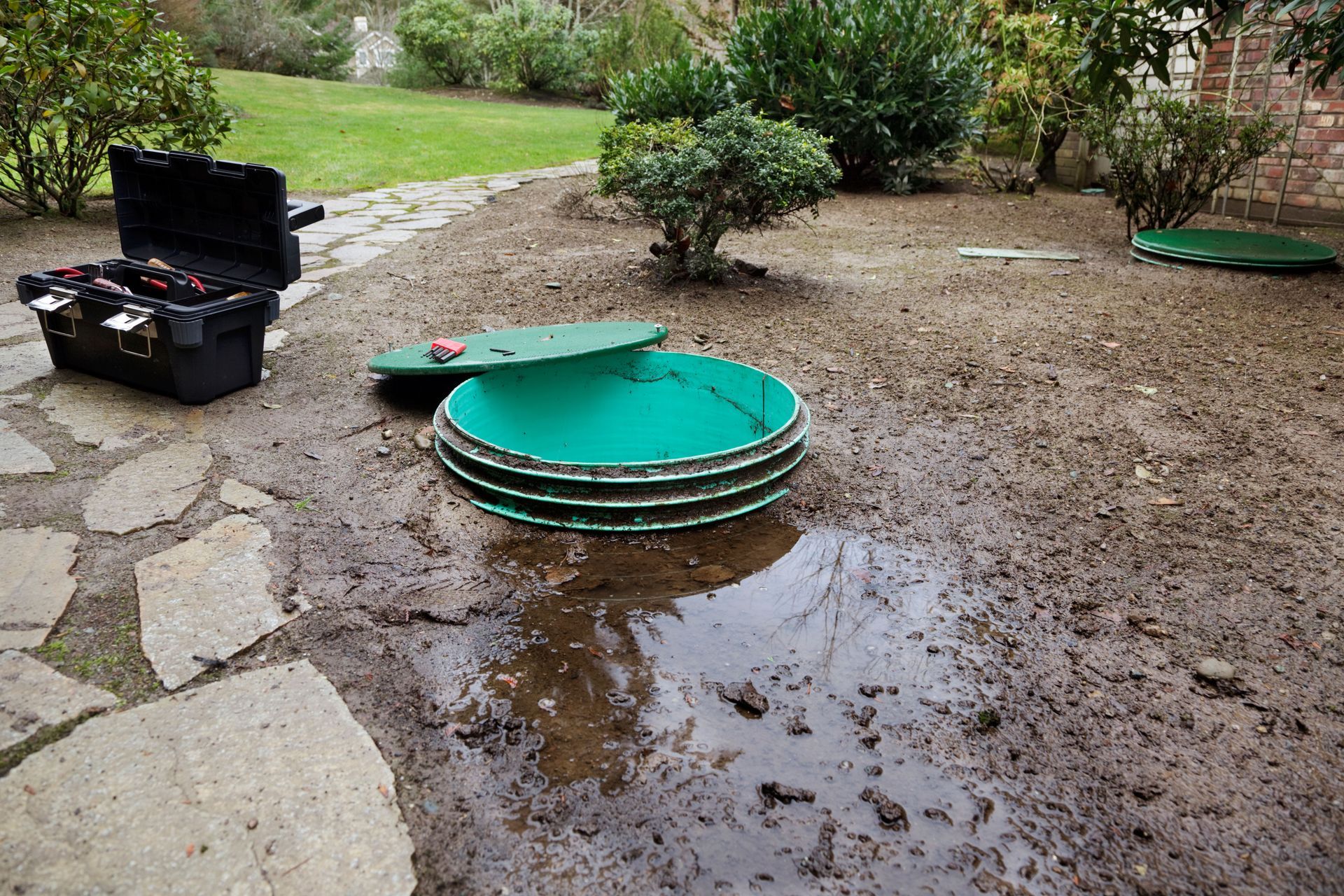
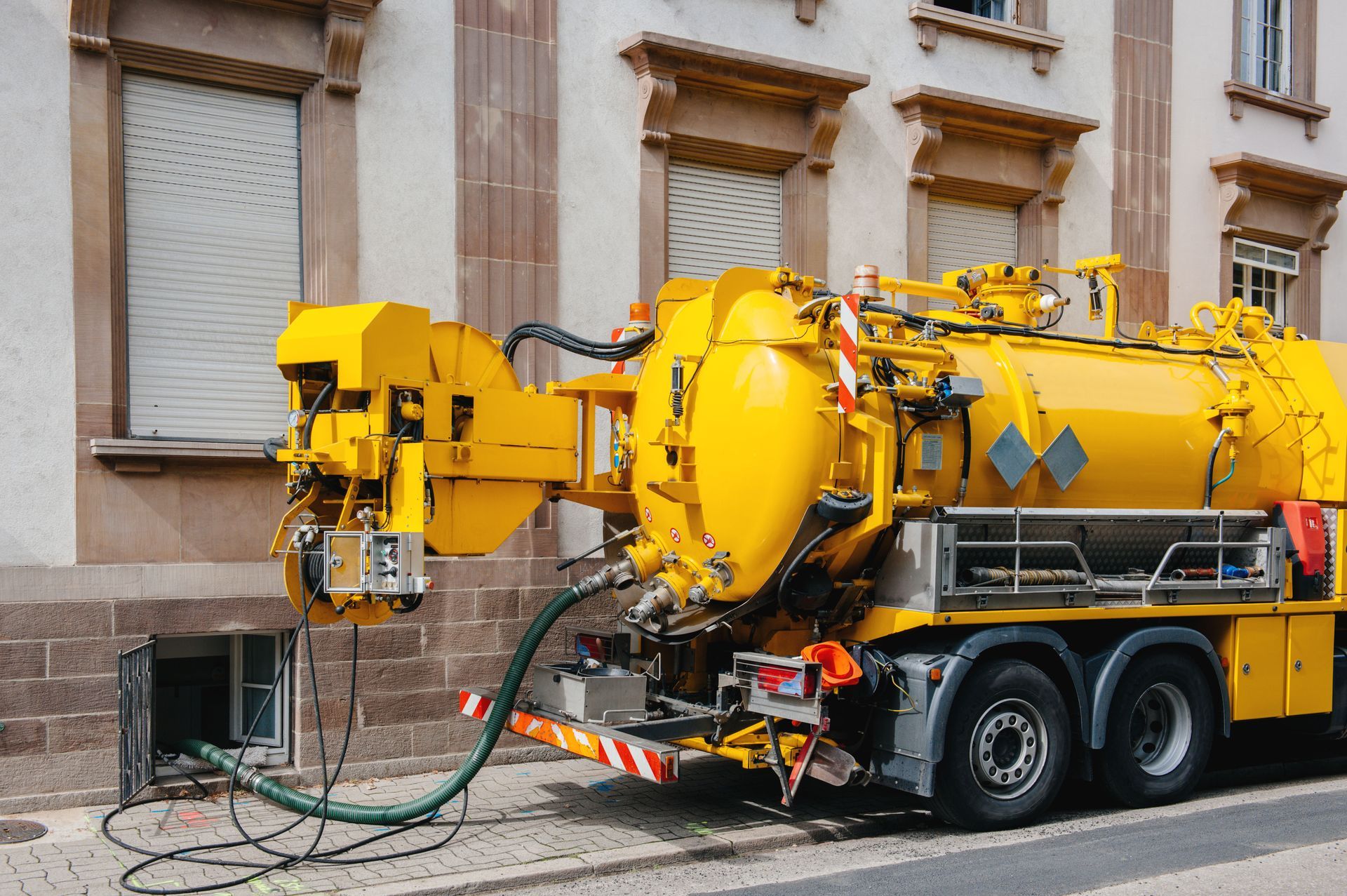
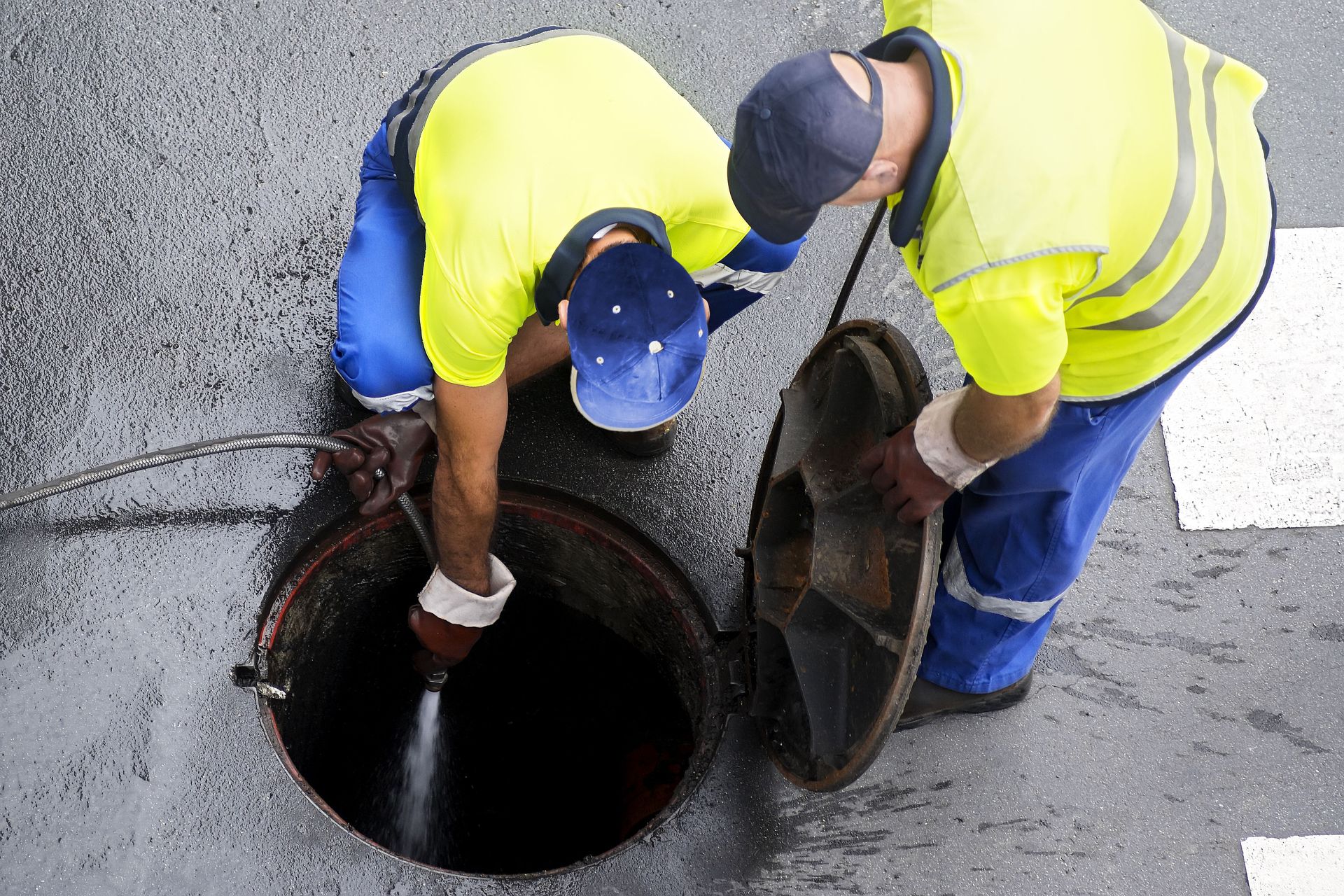
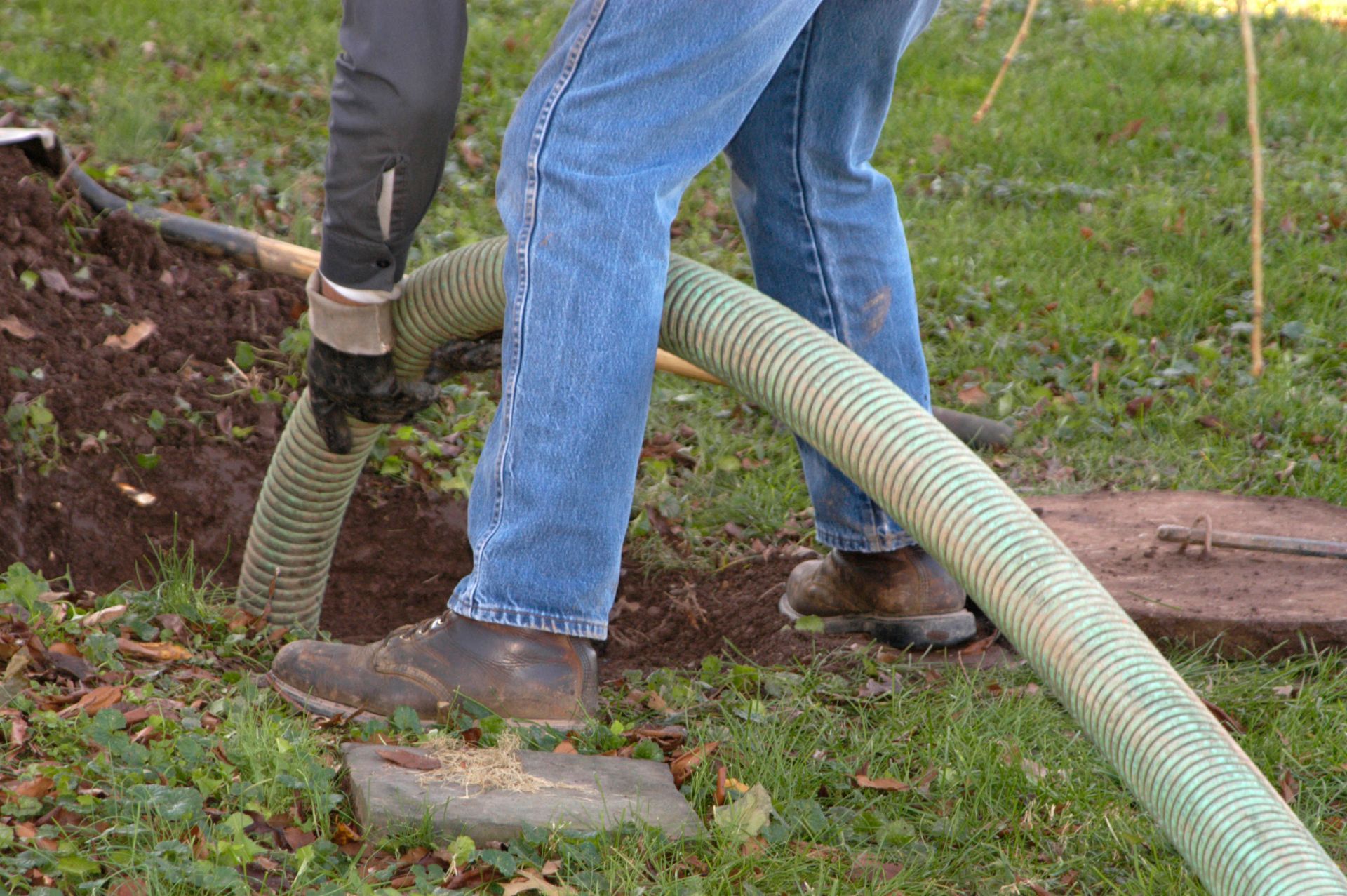
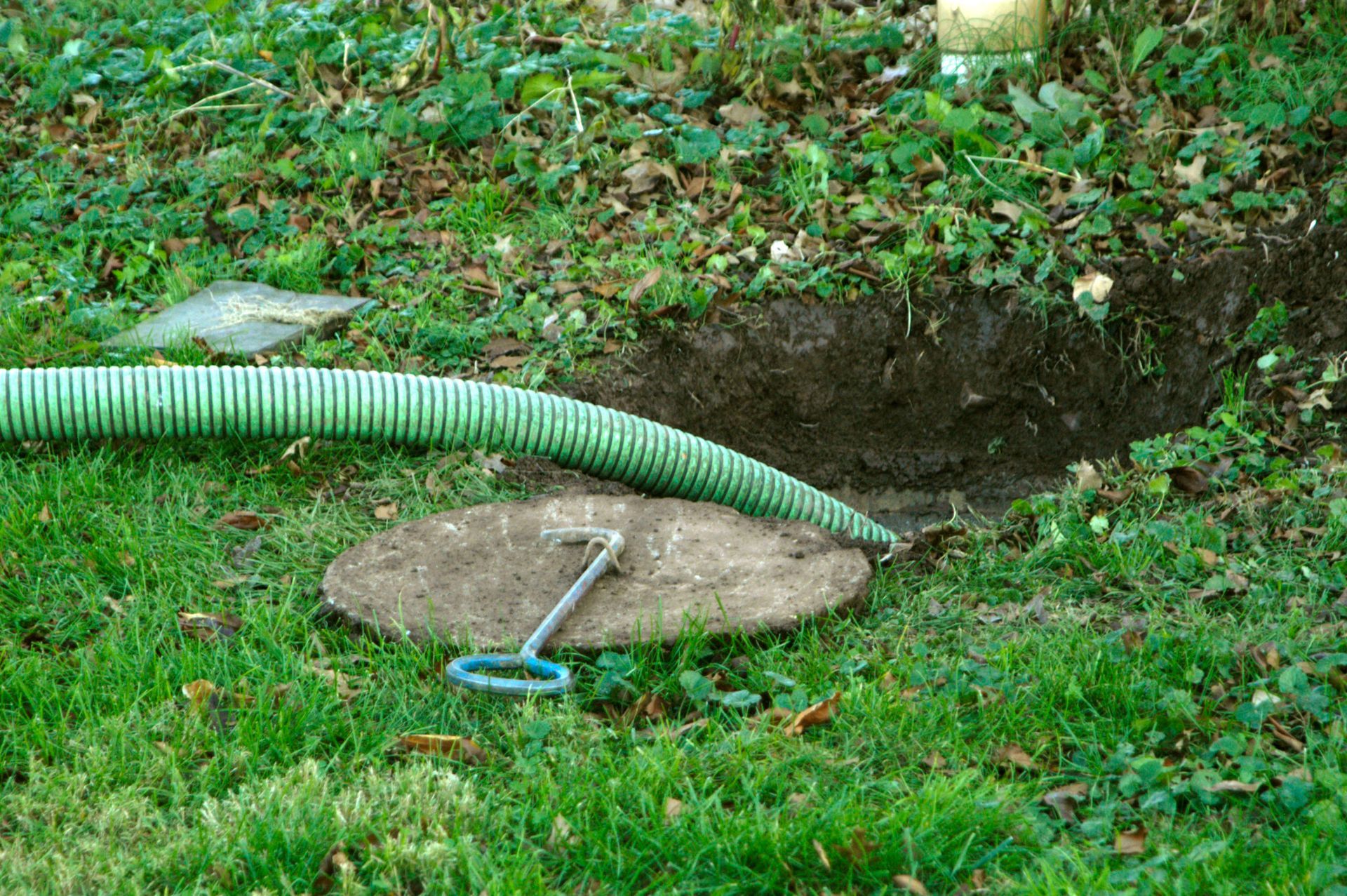
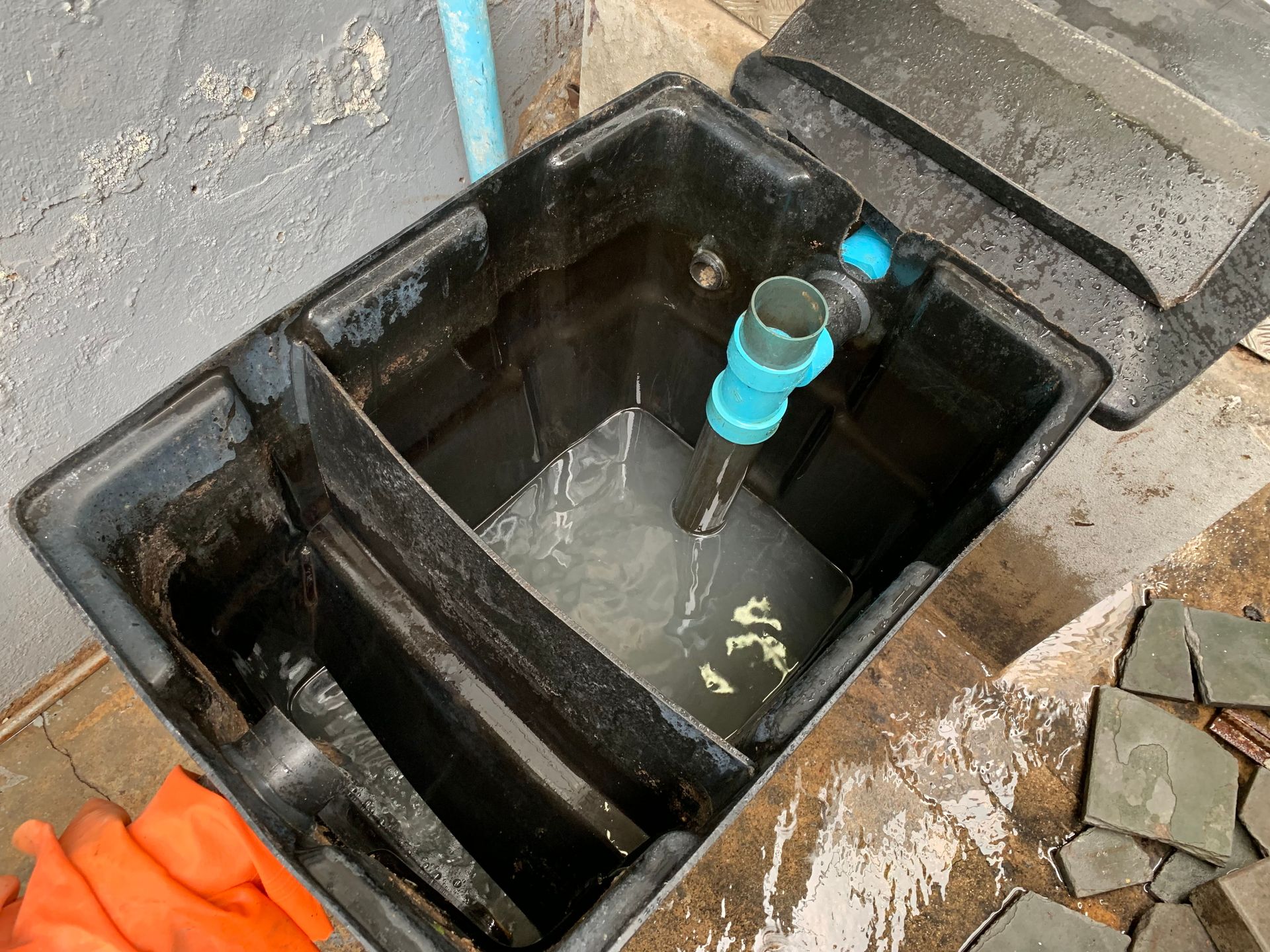
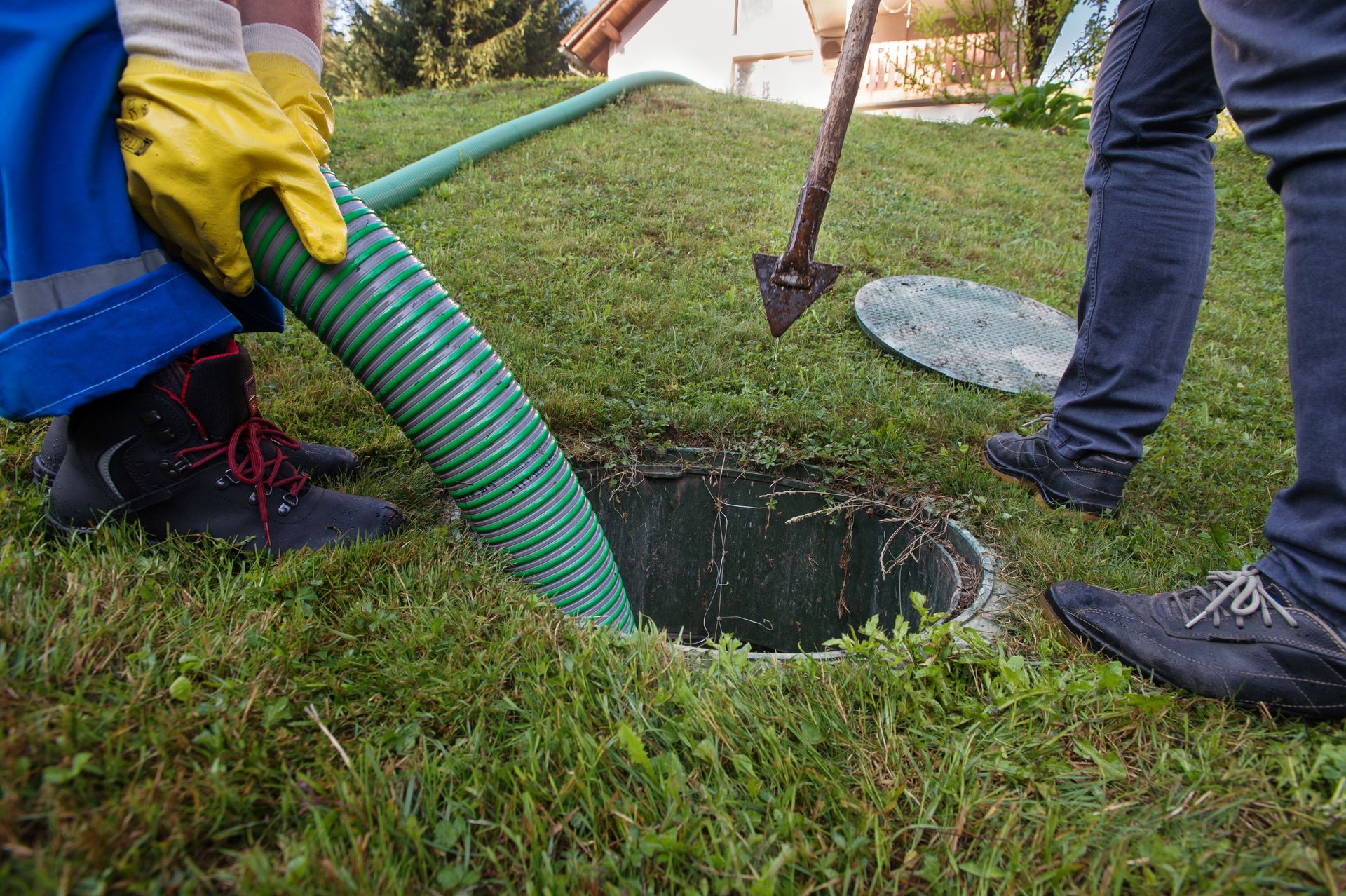
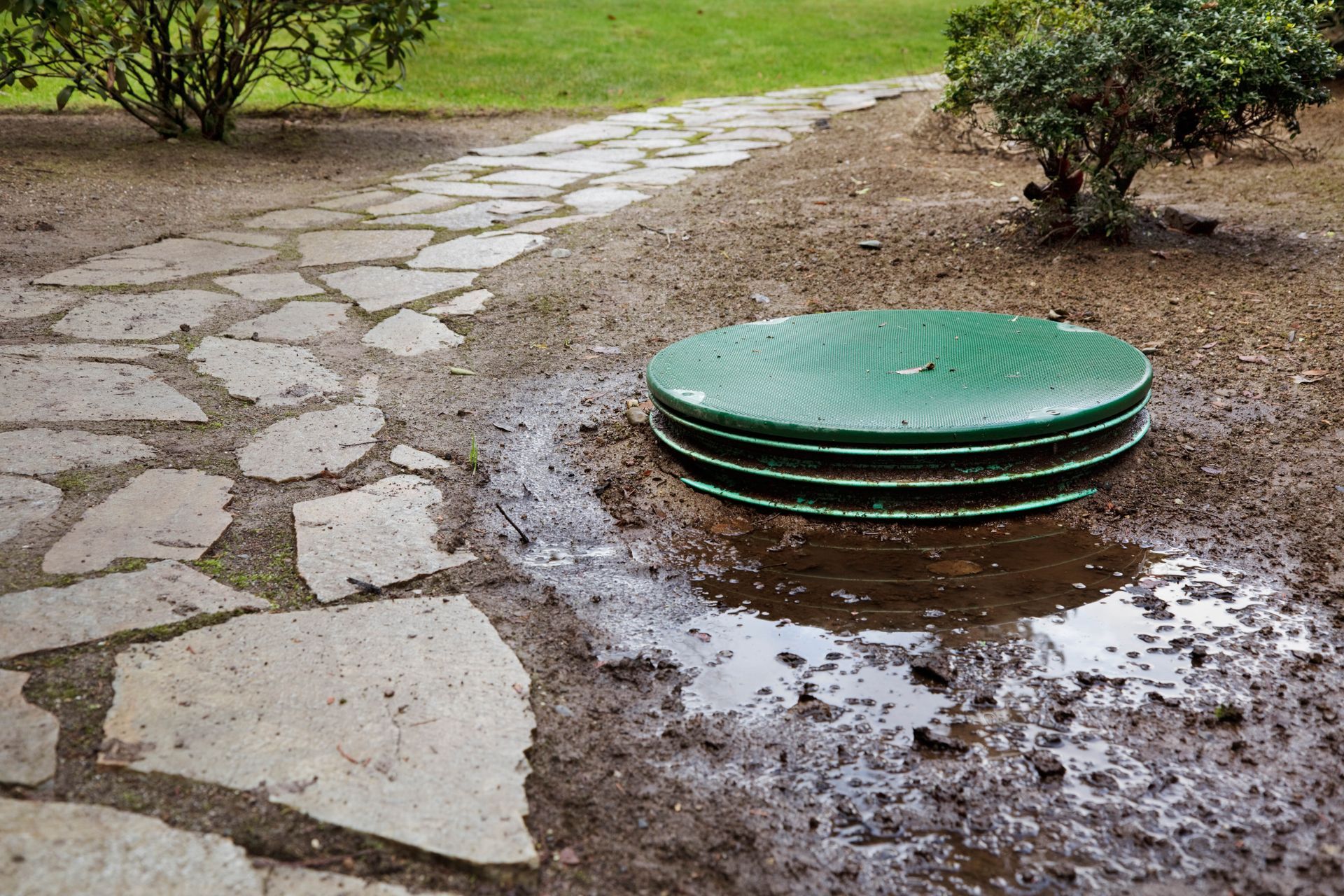
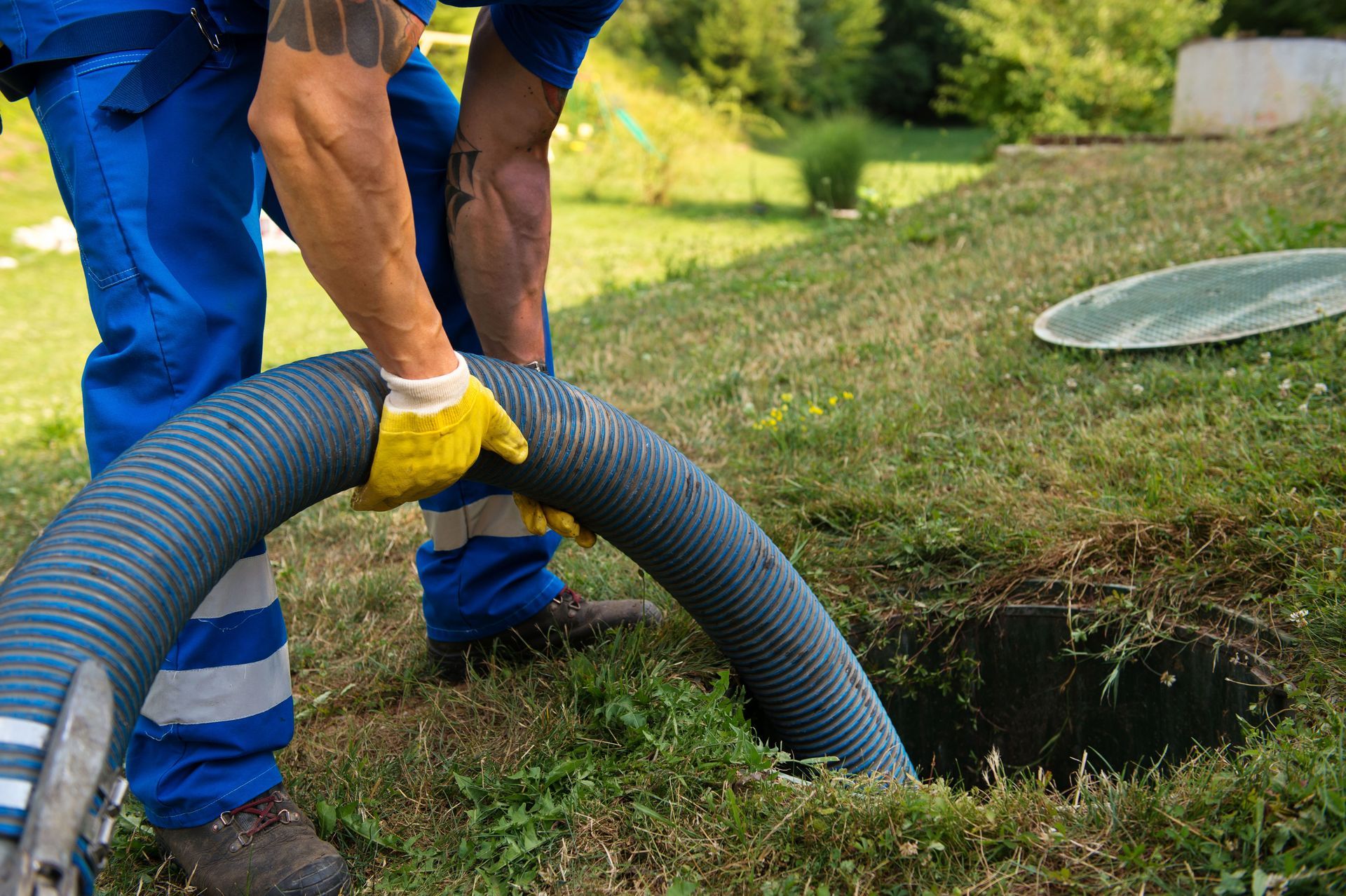
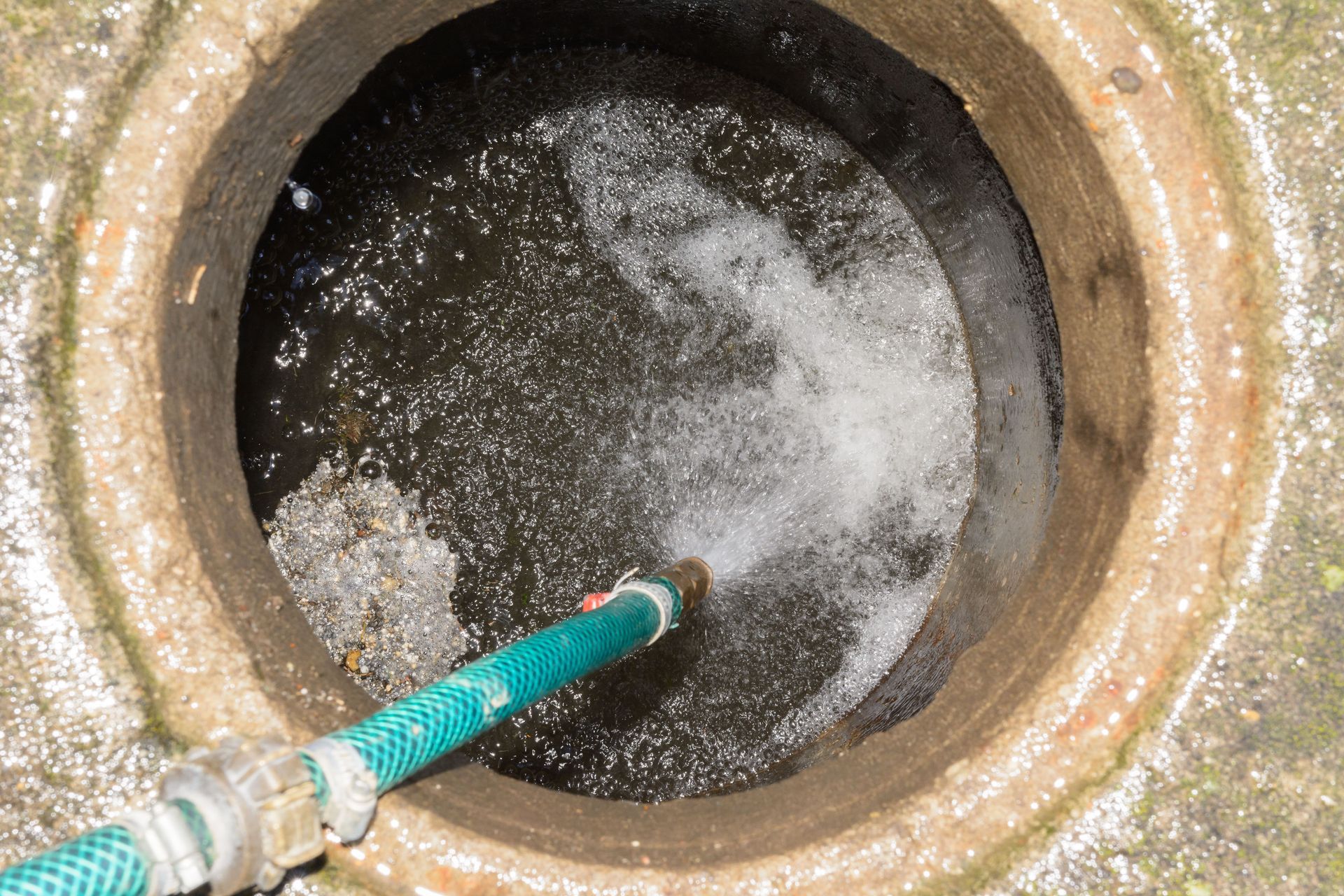
Share On: